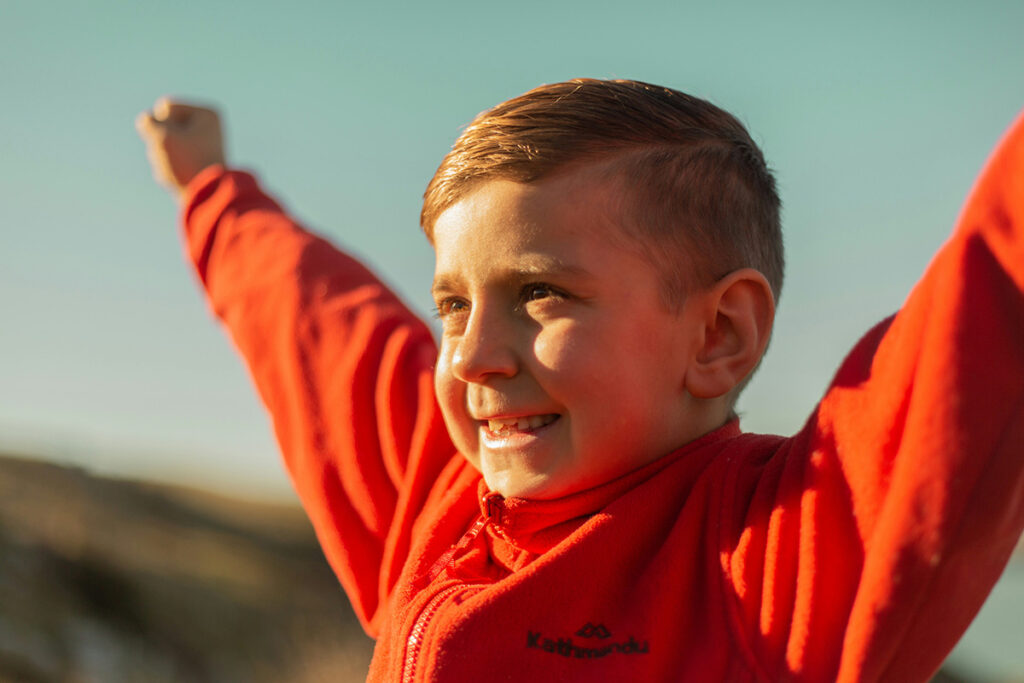Family Counseling Insights brought to you by Patricia McTague-Loft
We recently wrote about the potential severe negative consequences in a child’s development when they undergo constant, prolonged stress: Dealing With Childhood Stress In A Healthy Way. The good news is that research has shown that many children are able to cope with stress in a very positive way.

The question arises, then — why are some children more capable of dealing with adverse experiences than others? The answer lies in the idea of resilience. In an article developed by Harvard University’s Center on the Developing Child, “The Science of Resilience,” researchers offer a useful way to think about resilience. Imagine a balance scale — kind of like a seesaw. On one side of the balance are the negative experiences that are causing a child to experience stress. On the other side of the scale are a number of positive experiences and skills. The trick is to load the balance with more positive influences so that it tips in the direction that results in positive outcomes.
The obvious question that follows is, What are these positive influences? The Center on the Developing Child researchers offer five insights about helping children build resilience and tipping the scale in their favor.
“Resilience requires supportive relationships and opportunities for skill-building.” Most parents intuitively understand how important it is to build a loving relationship with their children. Research proves that that intuition is spot on. As “The Science of Resilience” states, “No matter the source of hardship, the single most common factor for children who end up doing well is having the support of at least one stable and committed relationship with a parent, caregiver, or other adult.” That support, which most parents probably think of as simply raising their children properly, consists of a loving them, teaching them basic life skills and enjoying positive experiences with them.
“Resilience results from a dynamic interaction between internal predispositions and external experiences.” This dynamic recalls the basic and often noted influence of both nature and nurture. Kids are naturally inclined to bounce back from negative experiences, but that inclination is enhanced if they have a supportive parent or caregiver — and conversely that inclination is impaired if a loving relationship is lacking.
“Learning to cope with manageable threats to our physical and social well-being is critical for the development of resilience.” Learning to cope with negative experiences is like developing muscles — exercise properly and the child gets stronger. “The Science of Resilience” expresses this concept by saying, “Over time, both our bodies and our brains begin to perceive these stressors as increasingly manageable and we become better able to cope with life’s obstacles and hardships, both physically and mentally.”
“Some children respond in more extreme ways to both negative and positive experiences.” As most parents with more than one child will likely attest, their children are each unique and often surprisingly different from each other. If a child is very sensitive, they are probably not only sensitive to negative experiences — they’re probably overly sensitive to the positive as well. Which means the good news is that a child who seems to be devastated by a negative experience may respond with incredibly positive energy to warm support from a parent.
“Resilience can be developed at any age, but earlier is better.” While people of any age can develop their ability to be resilient, children are more adaptable as they grow and mature.
And that insight allows us to end on a positive note: Build positive, loving relationships with children from the moment they’re born and they will have a strong foundation to build upon and develop the resilience they’ll need to cope with life’s inevitable negative events.